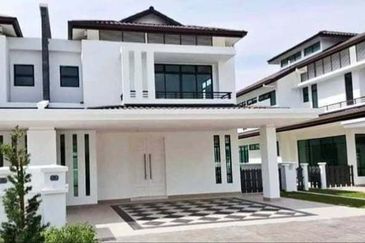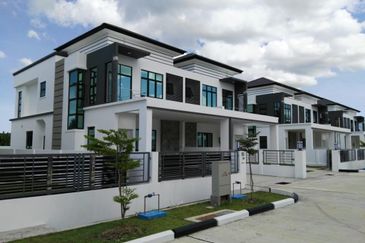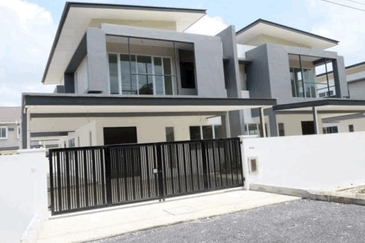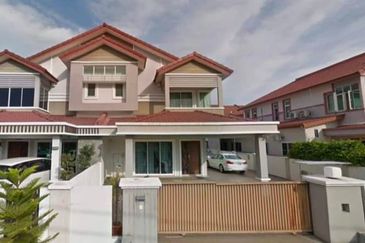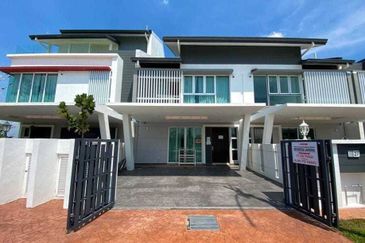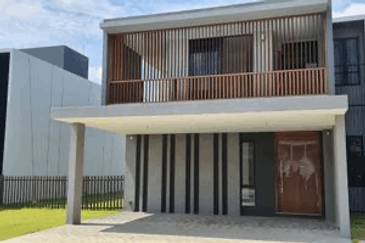KUALA LUMPUR (Oct 17): Bank Negara Malaysia (BNM) governor Datuk Seri Nor Shamsiah Mohd Yunus has said Asian countries facing increased market volatility need the option to use capital controls to pre-empt financial crises.
“Countries in this region should be allowed to use capital flow regimen policies as a legitimate policy tool that can be deployed in a pre-emptive manner to deal with potential risk to financial market stability,” Nor Shamsiah told the Financial Times yesterday on the sidelines of the International Monetary Fund (IMF) and World Bank annual meetings in Bali, Indonesia.
The British daily also quoted her as saying that “there is a lot of stigma in the use of capital flow” management.
The paper noted that Nor Shamsiah had said in a seminar that Malaysia had used some capital flow measures in 2016, when the central bank clamped down on ringgit trading in the offshore non-deliverable forwards market to stem the currency’s fall amid an emerging market sell-off following the election of Donald Trump as US president.
In the same report, the Financial Times cited Bangko Sentral ng Pilipinas deputy governor Diwa Guinigundo as saying that using capital controls pre-emptively was frowned upon.
Bank of Thailand governor Veerathai Santiprabhob, meanwhile, said managing capital flows could help stabilise Southeast Asian markets, especially following the heavy inflows over the past five years when investors have chased yield in a world of low interest rates.
“Our markets tend to be small, so sometimes we need to be able to [use] preventive measures and throw sand in the wheels. We need to be able to combine the different policy tools — macroprudential, capital flow management measures and exchange rate,” Veerathai was quoted as saying.
The Malaysian Government’s move to impose capital controls back in 1998 was not favoured by the IMF, which still advised countries to liberalise their capital accounts and avoid imposing capital controls.
The Financial Times said that today the IMF is broadly seen as being more flexible, after announcing in 2012 that it accepted temporary controls on capital flows if they are used to stem a crisis and in conjunction with sound fiscal and monetary policies.
However, the report noted that the IMF is still cautious on capital controls and believes that controlling capital outflows in “non-crisis situations” might actually exacerbate investor flight while tarnishing a country’s credibility.
“In the mind of investors it is like breaking an implicit agreement,” the daily quoted Martin Kaufman, assistant director at the IMF’s strategy policy and review department, as saying.
Kaufman said the IMF tended to be more comfortable with managing capital inflows rather than outflows, but deemed the policy fallible as investors were able to circumvent the rules.
Malaysia fell out of favour with the international investing community when on Sept 1, 1998 the government imposed capital controls which prohibited the repatriation of funds. The ringgit was also pegged to the US dollar at a fixed exchange rate of 3.8 at that time.
Markets were drastically impacted by the move, as the Kuala Lumpur Composite Index plunged to 262.7 points on Sept 1, 1998 from 1,271.57 on Feb 25, 1997 — a 79% decline in 18 months.
Subsequently, the Government eased its capital controls measures in 2005, but the KLCI only returned to the 1997 level on Aug 22, 2007 when it reached 1,255.39.
As a result of the capital controls, the world’s largest indices provider MSCI Inc on Sept 30, 1998 removed Malaysia from its developed market index as well as MSCI Emerging Markets Free (EMF) and MSCI All Country (AC) free indices. Malaysia was only readmitted into the EMF and AC indices in May 2000.
In an interview with The Wall Street Journal in May, Prime Minister Tun Dr Mahathir Mohamad said Malaysia may consider imposing capital controls again if there are signs of currency manipulation.
TOP PICKS BY EDGEPROP
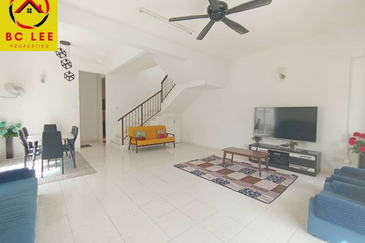
VISION HOMES @SEREMBAN 2
Seremban, Negeri Sembilan
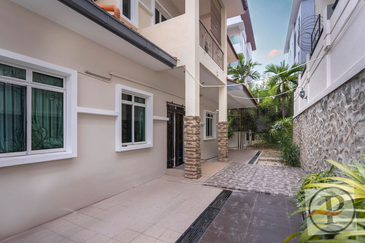
Taman Yarl @ Old Klang Road
Jalan Klang Lama (Old Klang Road), Kuala Lumpur
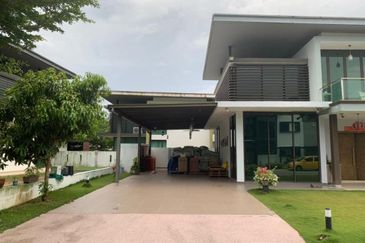
Bandar Seremban Selatan
Seremban, Negeri Sembilan

RIMBUN AMAN @ SEREMBAN 2
Seremban, Negeri Sembilan
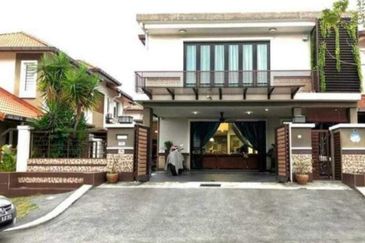
Anika @ Bandar Ainsdale
Seremban, Negeri Sembilan
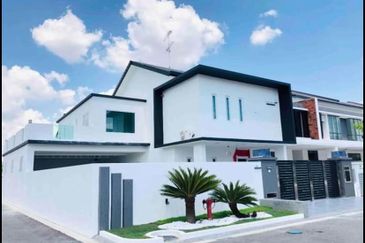
Murni @ Bandar Ainsdale
Seremban, Negeri Sembilan
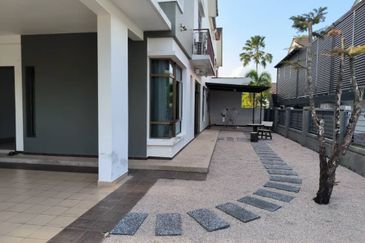
Horizon Hills @ Golf East
Horizon Hills, Johor



